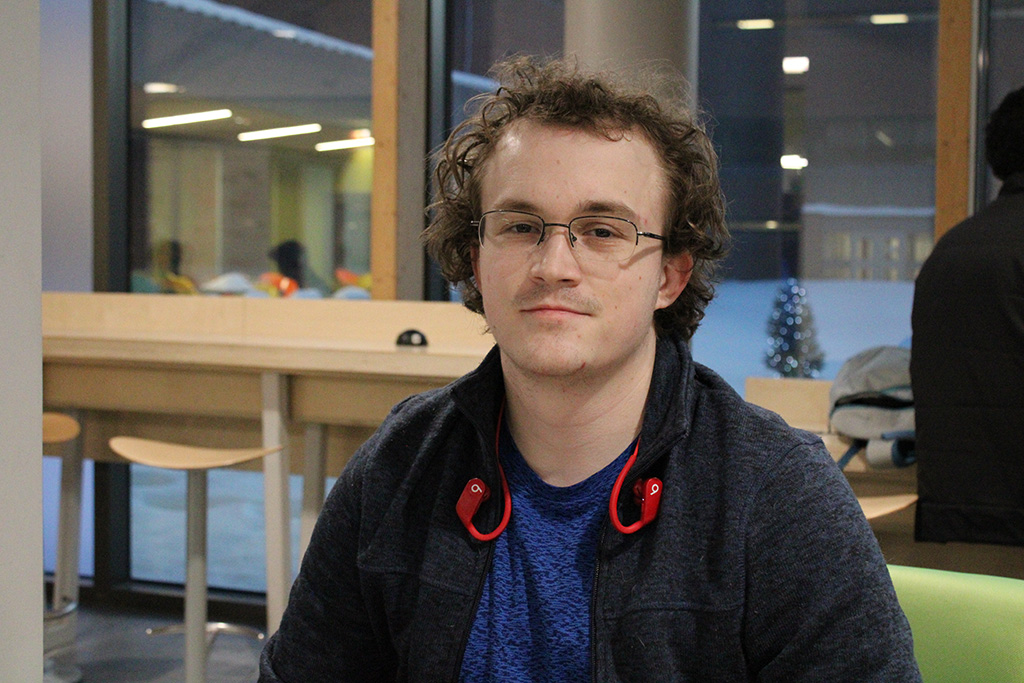Algonquin College doesn’t provide financial help to students affected by the war in Ukraine if they arrived in Canada after the beginning of Russia’s invasion, according to Ernest Mulvey, director of the International Education Centre.
“You should arrive with the money to support yourself. You should not be arriving and then claiming that you can’t get the money,” Mulvey said.
Usually, international students are not eligible for fee deferrals, which means they cannot ask to extend their payment deadline via ACSIS. However, the college has made an exception for students who came to Canada before Russia invaded Ukraine.
Those who came after the beginning of the war “arrived in Canada with the full knowledge of what is happening with Russia’s invasion of Ukraine,” according to Mulvey.
Galya Sioui, a first-year police foundations student, thinks that considering the circumstances students, arriving after the invasion are the ones who need help the most.
“It’s a war. They escape the war. They should get help,” Sioui said.
Sioui came to Canada almost 30 years ago. Originally from Russia, she has been a Canadian citizen since 2014. She doesn’t want to identify herself as Russian.
“Yes, it’s a Russian name, but I’m not,” she said.
Evan McNeil, a third-year networking technology student, agreed that if the college has made a commitment to help students affected by the invasion, “they should go all the way with it.”
A total of 13 students, who arrived in Canada from Ukraine, Russia and Belarus before the invasion, had their fees deferred, according to International Education Centre. However, not meeting the new payment deadline could result in a one-time penalty of $150.
“That was an expensive proposition on the part of the college. It’s several thousands of dollars,” Mulvey said.
McNeil didn’t mind his tuition fees being spent on the newcomers affected by Russia’s aggression.
“It doesn’t bother me to have to pitch in to cover someone else’s fees. And I don’t think they’re helping enough,” said McNeil when asked about his tuition fees being spent on financial aid to international students
The policy was the same for students from Ukraine, Russia and Belarus and was based on the principle of “students arriving in good faith.” They couldn’t control the decisions their governments made, and “once those decisions were made, they were essentially being punished,” according to Mulvey.
Both Sioui and McNeil said that they would also like to see the college offering financial aid to students from countries experiencing other kinds of crises.
“I think they’ve set a precedent now. I think if a student has come from a country, like Turkey or Syria after the earthquake, they should be given a leeway for payment deferral, payment support, grants, whatever it is,” McNeil said.
Sioui was visibly worried about all the students who didn’t have the funds to pay their fees and thus couldn’t start or continue their studies.
“It’s concerning,” she said. “Concerning because young people… they didn’t choose to… there is a war right now… It’s unfair.”


